An excerpt from Chapter 1 of Whereabouts…
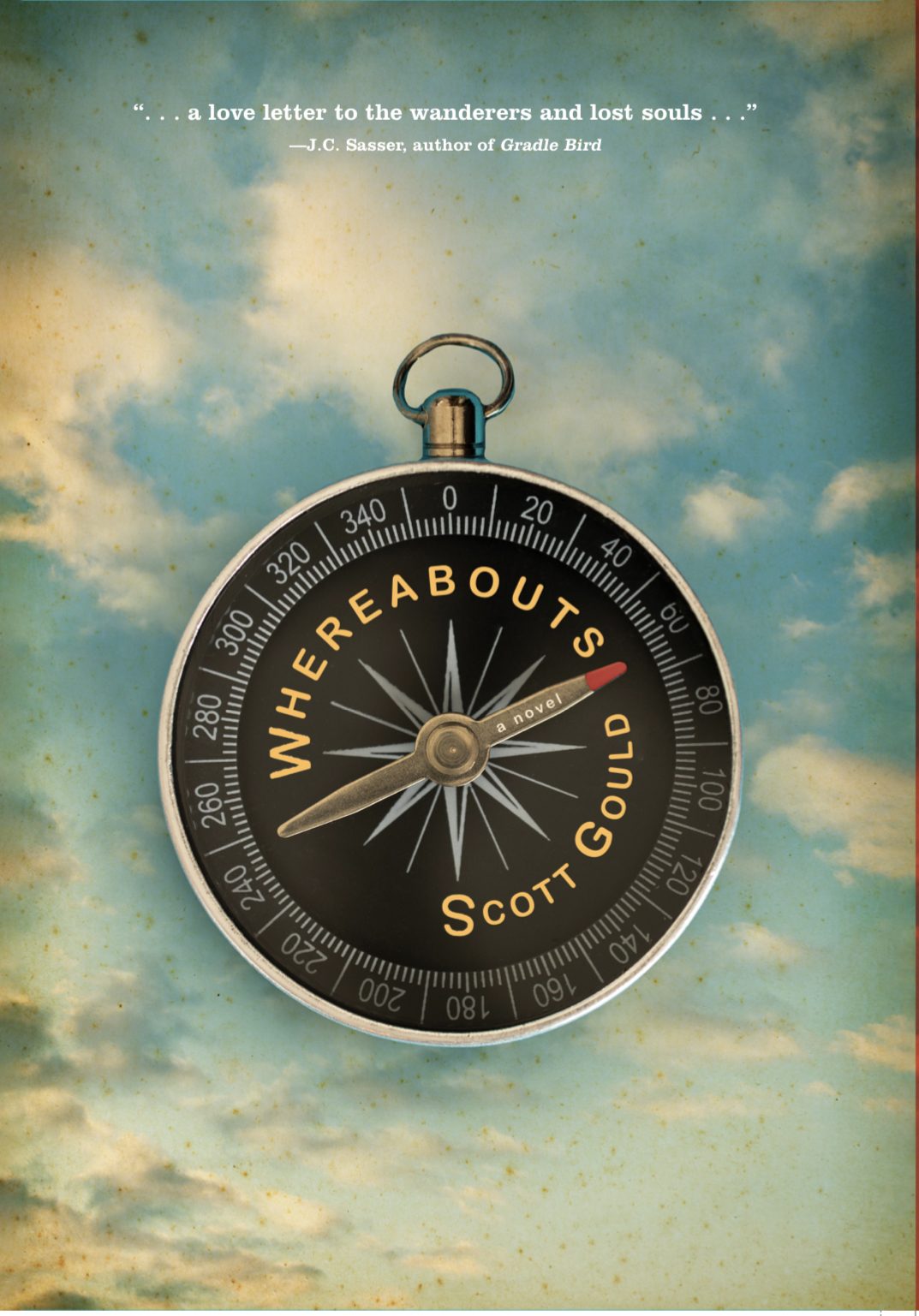 As annoyed as she was with her mother, when the afternoon of the visitation at the funeral home arrived, Missy discovered somebody new to put in the crosshairs of her misplaced, post-mortem anger—Asa M. Floyd, mortician and proprietor of Floyd Funeral Home.
As annoyed as she was with her mother, when the afternoon of the visitation at the funeral home arrived, Missy discovered somebody new to put in the crosshairs of her misplaced, post-mortem anger—Asa M. Floyd, mortician and proprietor of Floyd Funeral Home.
Missy hated him the moment he opened his mouth and began to explain to her and her mother his personal theory of grief. He paced in front of them, his chest puffed out beneath a perfectly pressed gray suit, his fingers tracing the sharp lapels like they were stitched with Braille, his voice booming like an FM deejay. Asa was not a tall man, but his syrup-smooth, bass-clef voice added inches to him.
“Grief,” Asa Floyd said, “begins in the veritable seat of our emotions. And where would that be, you ask?” He paused, but no one did, indeed, ask. “In our hearts. Hasn’t a thing to do with the brain. You cannot attempt to rationalize grief. You can only let it run its true and unalterable course. Trust me, ladies. Grief and I have become quite close over the years. I toil daily on the front lines in the battle against grief.”
His voice poured out so thick and meaningless, Missy imagined she could grab the sounds from the air and squeeze them between her fingers like Play-Doh. Her mother sniffled into a linen hanky. Missy squeezed her elbow to remind her she wasn’t going through this alone. She smelled the breath mints her mother had gobbled in the parking lot just minutes before. They sat side by side on a stiff couch in Asa’s office, the walls painted the color of dusk, the room filled with thin, brittle air, the type you might breathe at the top of a mountain. Around them, Asa’s credentials floated on the wall, framed shadows on the tongue-and-groove paneling.
Asa Floyd appeared nationally certified in every possible method of disposing of the dead. He embalmed. He burned. He buried. He could even legally stack the dead in cold storage in the event of natural disasters and acts of God—other than the definitive God-like act of striking one dead, of course. And he was the only person in Kingstree who could handle all aspects of departing the earth. If you died in Kingstree and you happened to be white, you were at the mercy of Asa Floyd.
“However,” he continued with his presentation, “the course of grief is often a confusing treacherous path. I am, at times like these, your guide. I can help you through the twists and turns. In this hell you’ve been thrust, I am your . . . Virgil.”
“Bless you.” Missy’s mother wrestled the words from her lips. “Thank you so much, Virgil.”
She cut her eyes at her mother wondering if she really believed Asa had changed his name. Missy possessed a foggy, junior-English-class idea who Virgil was and what he might have to do with her father’s massive heart attack. She didn’t really care. She had questions to ask. What had been done to her father, and what would become of her and her mother now that he was gone? But she didn’t want the answers to come through Asa Floyd’s teeth, didn’t want those taffy-like sounds aimed at her.
Missy’s mind whirred, consumed with the thought of seeing her father one last time. What would be his final look? What look would she offer back to him? She wondered how she should act, what she would say. She was seventeen now, the age where outward appearances trumped any other brand of anxiety.
The strangest thing she did before coming to the funeral home was to stare at her reflection in the mirror, waiting for some hint of her daddy to pop out. She was so much her mother’s daughter—the high cheekbones and brown eyes. She hoped, at least, what her daddy had bequeathed her still floated around inside, carried by blood or bone or spirit.
What she really wanted was the opportunity to spit directly in the eye of death—or maybe catch it napping on the face of her daddy—and smile. Her father would appreciate that kind of spunk in his girl. Missy Belue wanted to prove to everyone that bothered to look or to ask that she could take whatever life heaped out, including death, and keep rolling along, bruised at worst, but with her head up. Her daddy would like that.
She knew people would be watching her say her goodbyes. They’d be watching Mona as well. That’s what funerals were for, to see how sadly the living danced when death struck close to home.
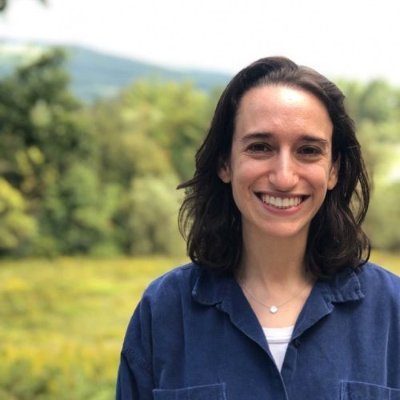




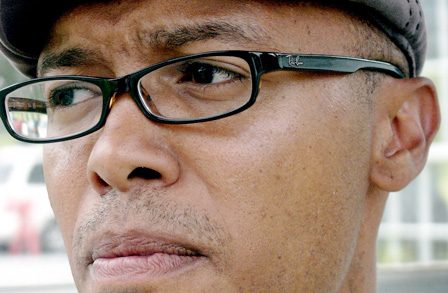
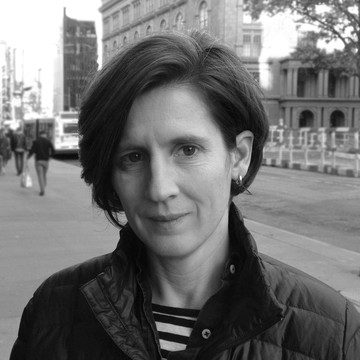
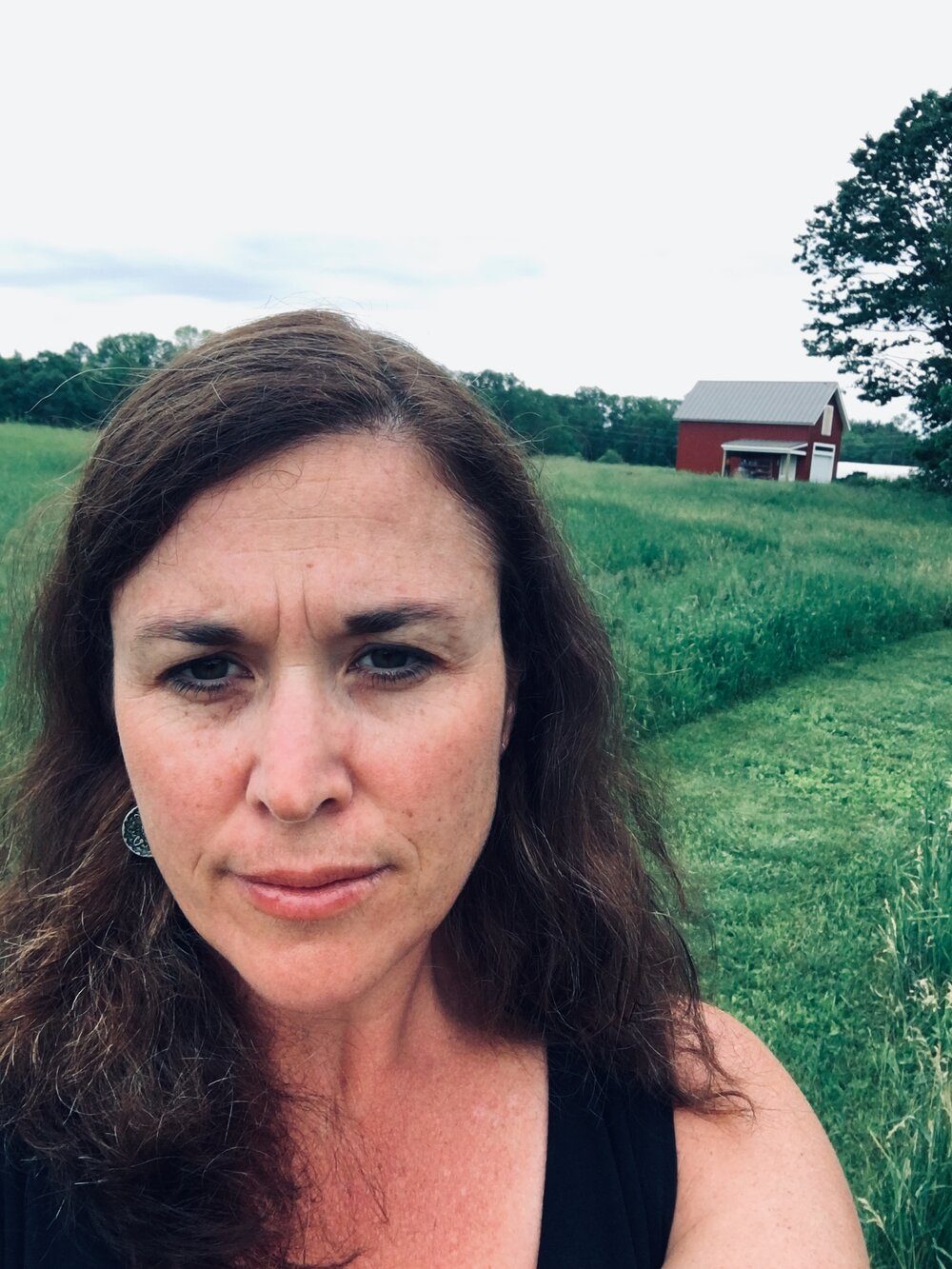


 As annoyed as she was with her mother, when the afternoon of the visitation at the funeral home arrived, Missy discovered somebody new to put in the crosshairs of her misplaced, post-mortem anger—Asa M. Floyd, mortician and proprietor of Floyd Funeral Home.
As annoyed as she was with her mother, when the afternoon of the visitation at the funeral home arrived, Missy discovered somebody new to put in the crosshairs of her misplaced, post-mortem anger—Asa M. Floyd, mortician and proprietor of Floyd Funeral Home.